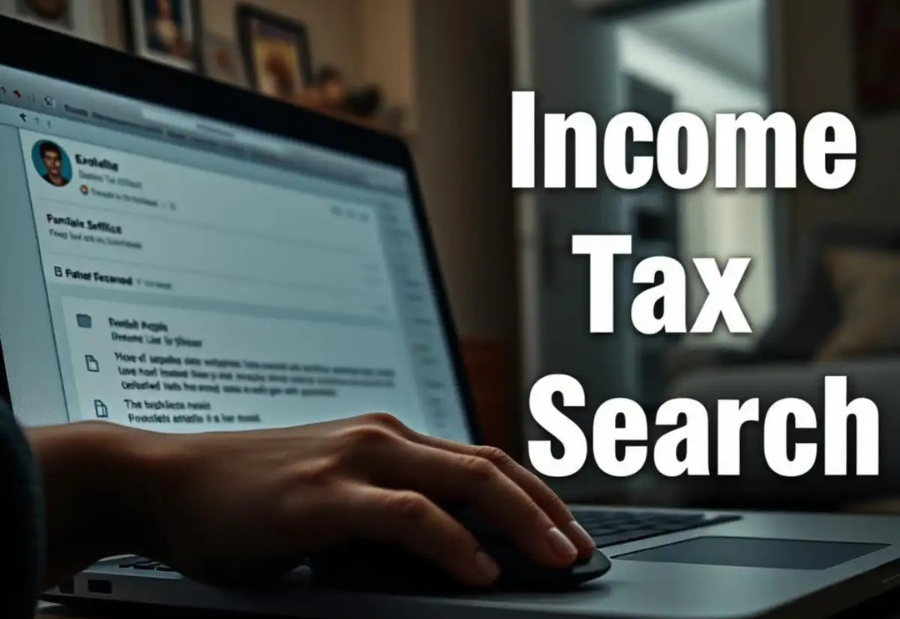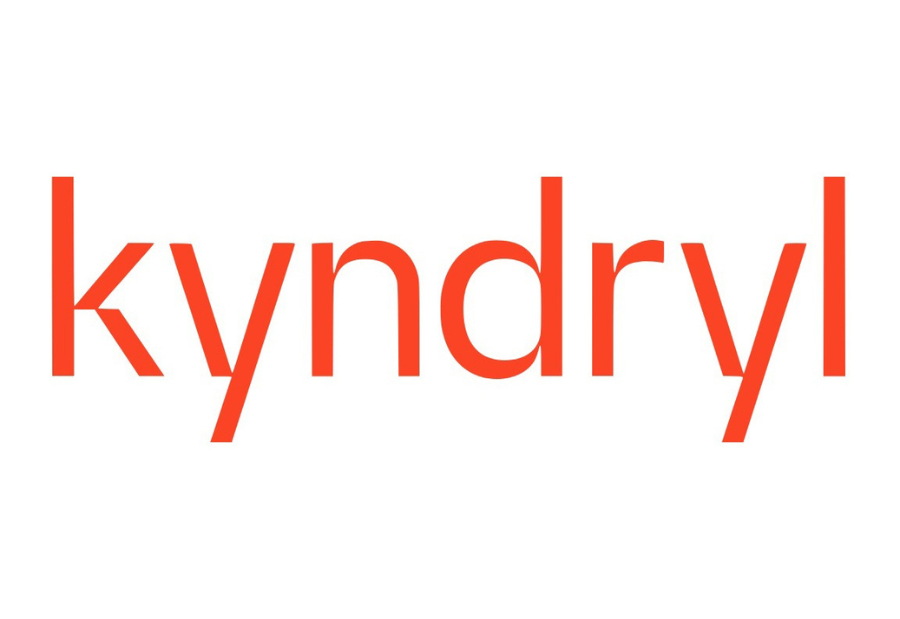Starting April 1, 2026, a major shift in India’s Income Tax Act will give tax authorities the legal right to access and break into your emails, social media accounts, bank accounts, trading platforms, and even online investment profiles. This will occur if authorities suspect you of tax evasion or believe you own undisclosed assets, including money, property, or valuables on which taxes have not been paid.
The current Income Tax Act (1961) under Section 132 already allows authorized officers to conduct searches and seize documents and assets if they suspect a person of hiding income or property to avoid taxes. Officers can even break open doors, lockers, or boxes if keys are unavailable.
The proposed changes, however, extend these powers to digital spaces. According to Clause 247 of the new bill, “authorised officers” can now override access codes and break into your computer systems or virtual digital spaces. This includes emails, social media accounts, online investment accounts, and more if they believe you are hiding undisclosed income.
The bill’s definition of “virtual digital space” is broad. It includes:
Email servers
Social media accounts
Online trading and investment accounts
Bank accounts
Cloud servers and remote storage
Any website or platform storing ownership information
These changes mean tax officers could access your personal and financial data without explicit consent if they suspect tax evasion. While some argue that this will help curb illegal activities, experts warn that it might violate privacy rights.
Legal experts like Sonam Chandwani express concern, saying, “The expansion of Virtual Digital Space in the new Income Tax Bill raises significant concerns regarding constitutional validity, potential state overreach, and practical enforcement.” They emphasize that these provisions could lead to arbitrary data collection without clear safeguards.
Moreover, this could even extend to company data where the taxpayer is employed, raising more concerns over privacy and corporate data protection. As pointed out by experts, such power should only be used in exceptional cases with proper judicial oversight and clear procedures.
This move has sparked debates over the balance between tax enforcement and individual privacy rights, with the potential for significant legal challenges ahead.
Also read: Viksit Workforce for a Viksit Bharat
Do Follow: The Mainstream formerly known as CIO News LinkedIn Account | The Mainstream formerly known as CIO News Facebook | The Mainstream formerly known as CIO News Youtube | The Mainstream formerly known as CIO News Twitter
About us:
The Mainstream formerly known as CIO News is a premier platform dedicated to delivering latest news, updates, and insights from the tech industry. With its strong foundation of intellectual property and thought leadership, the platform is well-positioned to stay ahead of the curve and lead conversations about how technology shapes our world. From its early days as CIO News to its rebranding as The Mainstream on November 28, 2024, it has been expanding its global reach, targeting key markets in the Middle East & Africa, ASEAN, the USA, and the UK. The Mainstream is a vision to put technology at the center of every conversation, inspiring professionals and organizations to embrace the future of tech.




